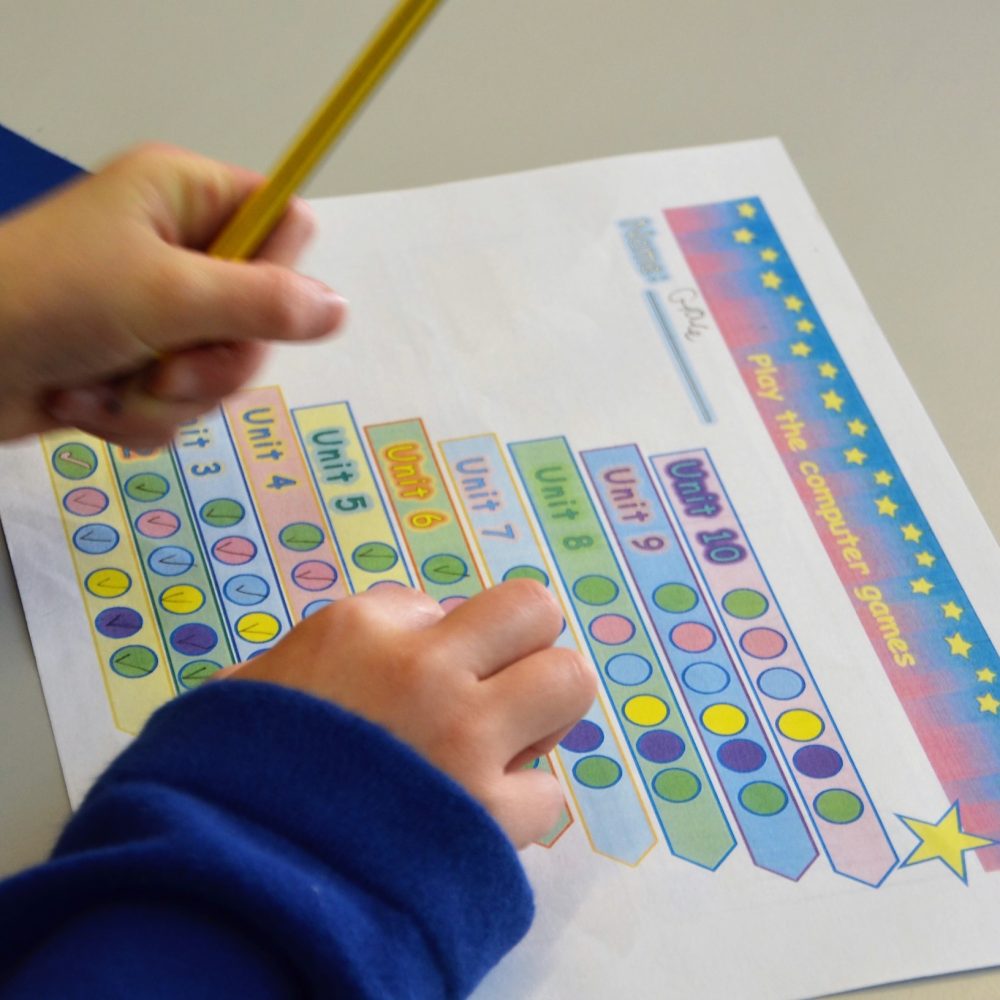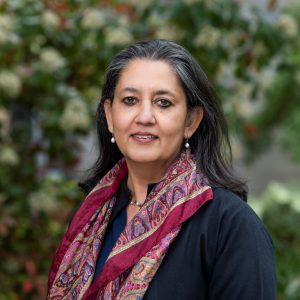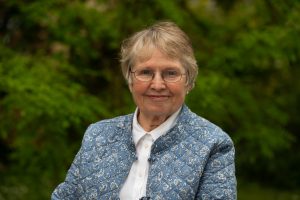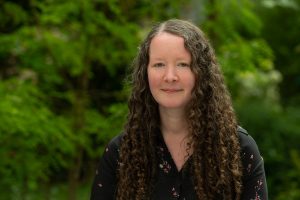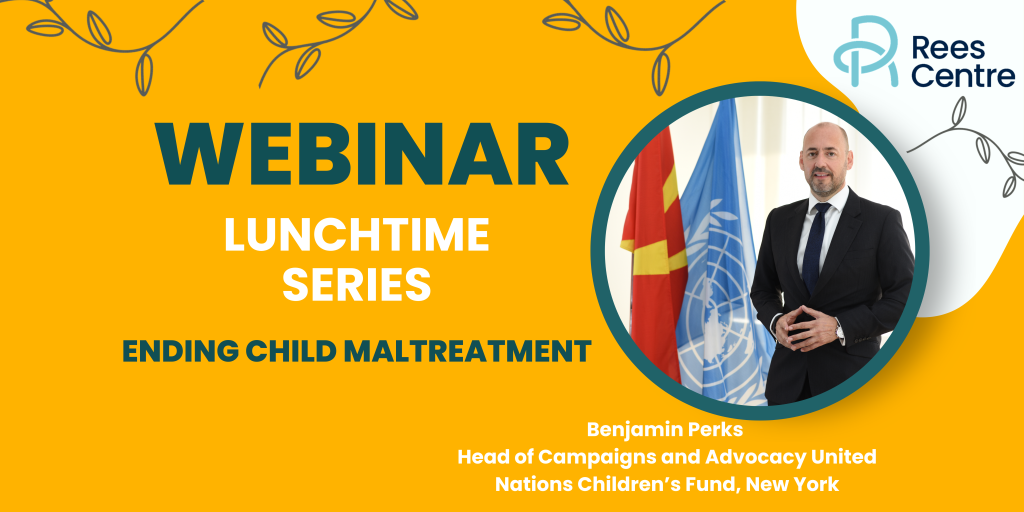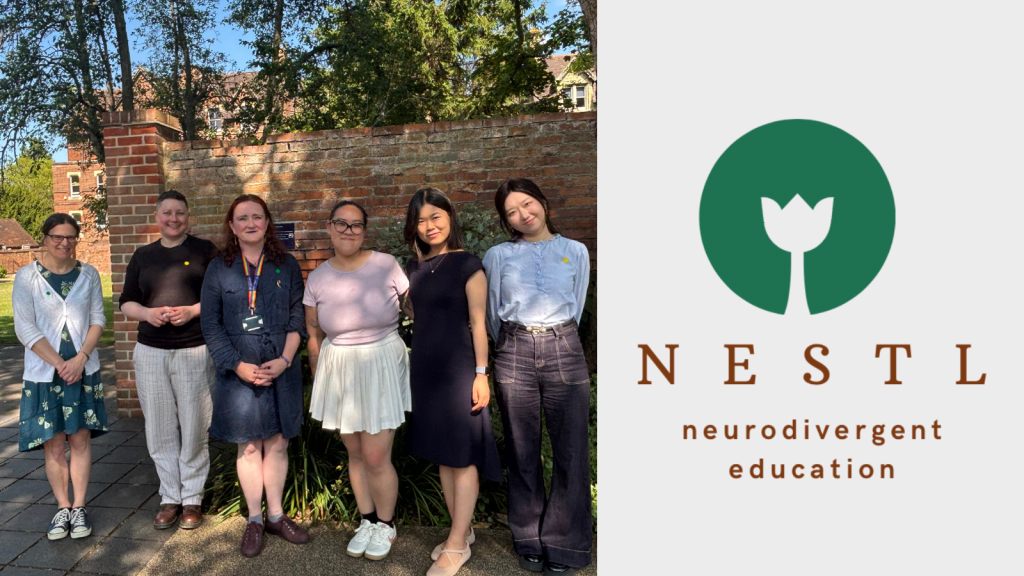11 March 2025: Effects of Home Language and Language of Instruction in sub-Saharan Africa
Speaker: Dr Fatma Abdelkhalek (Faculty of Commerce, Assiut University; Social Research Center, American University in Cairo, Egypt), Dr Ray Langsten (Social Research Center, American University in Cairo, Egypt)
View the slides.
28 February 2025: A brief history of scenario-based assessment and other innovations stemming from the Reading for Understanding Initiative: From elementary to secondary applications and beyond
Speaker: Dr John Sabatini (Department of Psychology, the Institute for Intelligent Systems, University of Memphis, USA)
Watch the recording.
25 February 2025: Developing language and communication in the secondary mathematics classroom
Speaker: Professor Jenni Ingram (Department of Education, University of Oxford)
View the slides.
18 February 2025: Trusting trusted evidence: Exploring the impact of flooring effects on large-scale assessments of learning
Speaker: Dr Heather Kayton (Blavatnik School of Government, University of Oxford)
Watch the recording.
11 February 2025: Can Generative AI improve social science?
Speaker: Professor Christopher Bail (Department of Sociology, Department of Political Science, Department of Public Policy, Duke University, USA)
Watch the recording.
4 February 2025: Learning to read and write in different languages: What’s the difference?
Speaker: Dr Beth Ann O’Brien (National Institute of Education, Nanyang Technological University, Singapore)
Watch the recording.
View the slides.
28 January 2025: Active Playful Learning: Where the science of learning meets education
Speaker: Professor Kathy Hirsh-Pasek (College of Liberal Arts, Temple University, USA)
Watch the recording.
21 January 2025: Measuring implicit statistical learning more “implicitly”
Speaker: Dr Holly Jenkins (Department of Education, University of Oxford)
Watch the recording.
3 December 2024: Should we abandon universal school-based interventions for mental health?
Speaker: Dr Jack Andrews (Department of Experimental Psychology, University of Oxford)
Recording is restricted to internal access, please email Sonali Nag at sonali.nag@education.ox.ac.uk for access.
26 November 2024: Comparing Early Childhood Systems: Lessons Learned from A Comparative Study
Speaker: Professor Sharon L Kagan (Teachers College, Columbia University; Yale Child Study Center)
Recording is restricted to internal access, please email Sonali Nag at sonali.nag@education.ox.ac.uk for access.
19 November 2024: Exploring the Association between Sibling Relationship Quality, Parenting Styles, and Theory-of-Mind Development in Chinese Young Adolescents
Speaker: Yining Shi
Watch the recording.
12 November 2024: School Bullying and the CATZ Cross Age Teaching Zone Anti-Bullying Intervention
Speaker: Dr Peter Macaulay (University of Derby)
Watch the recording.
5 November 2024: Bridging developmental theory & SEL practice: Findings from a systematic review of emotion-focused SEL program content
Speaker: Dr. Aneyn M. O’Grady (Global Partnership for Education)
Watch the recording.
View slides.
29 October 2024: Learning about the self and others: Social and emotional development across cultures
Speaker: Professor Tanya MacGillivray (Simon Fraser University)
Watch the recording.
15 October 2024: Development of a health visitor delivered intervention to promote parent-child responsive-contingent interaction through a synthesis of theory, evidence, and parent and practitioner views
Speaker: Professor Cristina McKean (Department of Education, University of Oxford)
Watch the recording.






